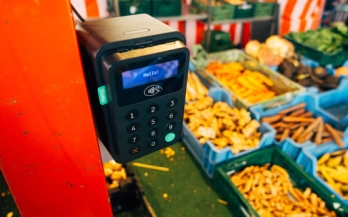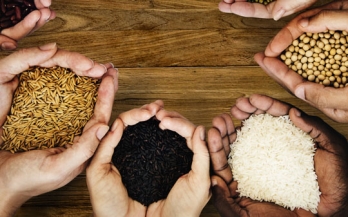

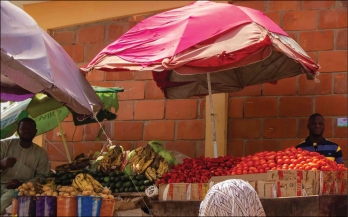
EatSafe's WHO Health Talk: Enabling Safer Food in Traditional Markets
Virtual, Global
Creating the enabling environment to adopt new tools and approaches to improve food safety in traditional markets can help decrease the burden of foodborne disease. This webinar is one of several Health Talks presented by the World Health Organization in celebration of World Food Safety Day 2022.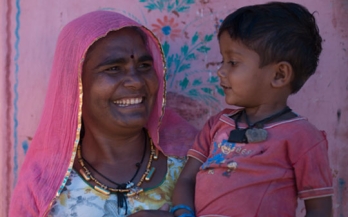
GAIN20 Anniversary celebrations around the world!
- Global, Global
On May 9th 2022 GAIN will turn 20 years! To celebrate 20 years of working to improve nutrition for all, everywhere, we will host a series of events in both our Country Offices and Representative Offices. Make sure to watch this space and keep updated with the latest.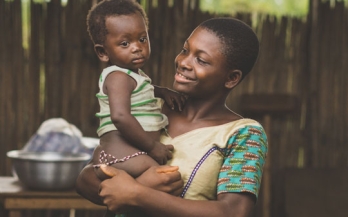
The war against Ukraine and the global pandemic are creating a global health and nutrition crisis for millions of women and children
New analysis published today in the scientific journal Nature by global nutrition leaders, reveals that the war against Ukraine threatens to increase the number of malnourished people who have already suffered from reduced diets and health systems support due to COVID-19.
Global Insider Podcast - Lawrence Haddad
Our Executive Director Lawrence spoke to the Politico Global Insider podcast on what can be done to reallocate food and change farming incentives, and why he believes in telling consumers the “true price” of food.
Gender equality rankings challenge global health sector - Global Alliance for Improved Nutrition (GAIN) calls for strong response
The Global Health 50/50 Gender and Health Index 2022, a barometer of institutional performance around gender and governance is launched today. The Gender and Health Index assesses the gender-related policies and practices of 200 global organisations that aim to promote health and/or influence global health agendas and policy.
I-PLAN Recognized with Best Practice Award
The Indonesia Postharvest Loss Alliance for Nutrition (I-PLAN), an innovative initiative founded by GAIN with support by the Ministry of Foreign Affairs of the Kingdom of the Netherlands, was recognized today by winning the Best Practices Award in Sustaining Urban Food Systems from the Dubai International Award for Best Practices.
GAIN Interview Cruncher - How war in Ukraine impacts global food supplies
The war in Ukraine has brought into sharp relief how tenuous some of the staple foods we take for granted can vanish. The situation is dire and threatens world’s food security, with many GAIN countries directly affected.
COVID-19 Response: partnership for SME recovery and resilience
In mid-2020, GAIN developed the Keeping Food Markets Working (KFMW) programme as an emergency response to the COVID-19 crisis, providing rapid support to food system workers, to small and medium enterprises supplying nutritious foods and to keeping fresh food markets open.